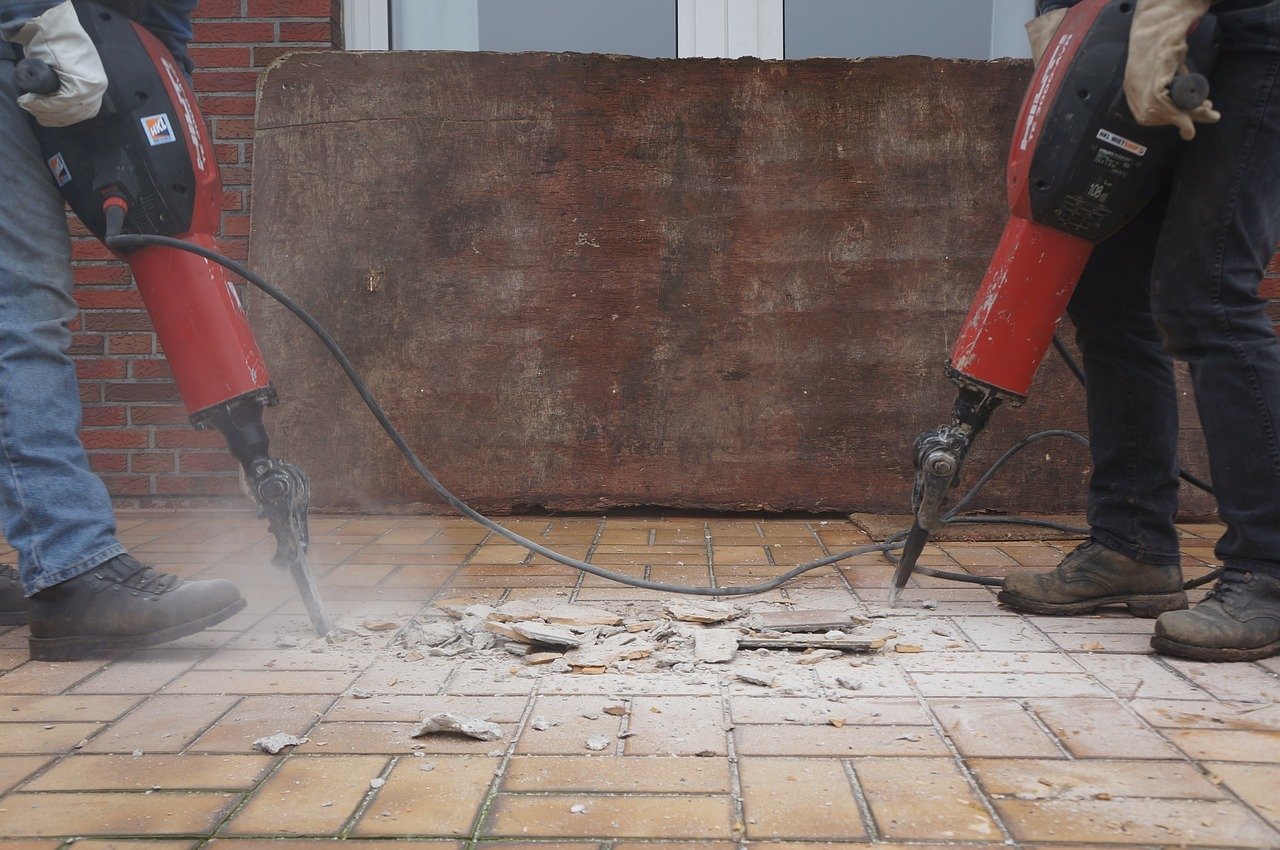Repetition is essential to most learning, working and playing. But lots of physical repetition can also make our bodies rebel. Industrialization and specialization have contributed to repetitive stress disorders in everyone from factory workers to brain surgeons to tennis pros. You might type away at a keyboard all day and play a standup bass in the evenings to unwind, incurring chronic strain from both. Common disorders resulting from repetitive stress include carpal tunnel syndrome, bursitis, sprains, back pain — and yes, PlayStation Thumb.
What causes repetitive stress injuries?
While some people may do the same thing for decades without any issue, others develop injuries in areas of the body that perform a single motion repeatedly. Common examples of people at risk include athletes, construction workers, farm laborers, house cleaners, hairdressers and anyone who types a lot. According to the U.S. Bureau of Labor Statistics, overexertion and repetitive stress are the second-leading cause of on-the-job injuries. But even a beloved hobby like golf may end up causing you a lot of pain and hassle! Here are a few tips to keep from overdoing it.
Diversify your daily movements
Variety is not only the spice of life, it’s a preserver of it. It’s important to be intentional about how you move throughout the day, especially if you’re doing many repetitive motions. Ergonomics — how you fit with your workspace — are important. But think of ergonomics as a workflow, not just as a posture and a certain chair or a finger-friendly mouse.
Frequent, short breaks are better for your joints than longer sessions with one longer lunch break. Periodically change the position of objects in your space so that you will have to move in new ways. Set a timer for 25 minutes and use the last 5 minutes of each half hour to do a few light stretches. Get away from your keyboard or cello and dance or take a walk — any activity that stirs the blood and lowers stress is a good thing!
Protect yourself from overexertion
There is a lot of pressure in society to push ourselves. But not only does this lead to chronic tension, it can cause devastating injuries. Ask yourself: is it worth it? Whether you are diving too fast into something your body isn’t ready for, or trying to push through something you’ve already had too much of, the consequences can be severe. Remember and practice these cardinal rules:
Break for regular stretches and strength training to help prevent injury.
Use your breath as a tool to stay relaxed.
Set alarms if needed to move, hydrate and eat.
Rest for success — give yourself plenty of down time to let your body recover.
Report chronic symptoms and strains to your doctor and employer before they become full-blown injuries.
Here’s a simple diagnostic
The source of the issue might be counterintuitive — tightness in your neck or upper spine might be the actual cause. This video provides a simple way to check if this is the case for you.
Come visit us at Parkside
Whether you’re developing a repetitive stress injury or trying to recover from one, Parkside is here to help. We’ll get you back on track! Make an appointment, or if you have any questions, contact us.




